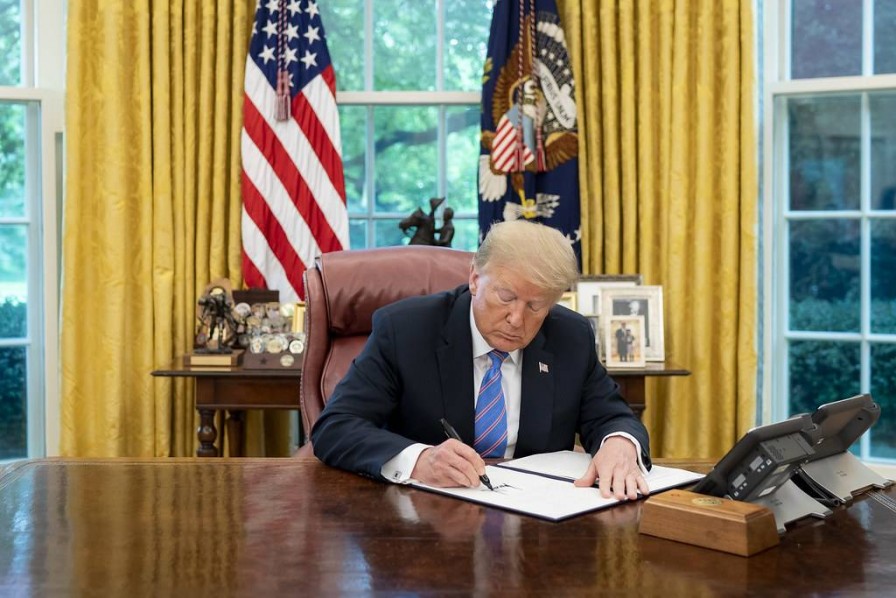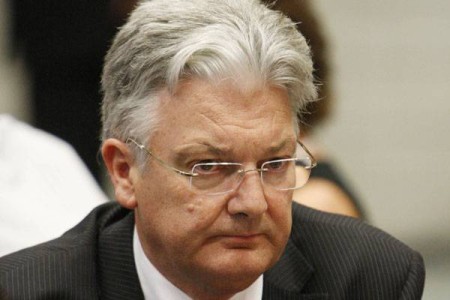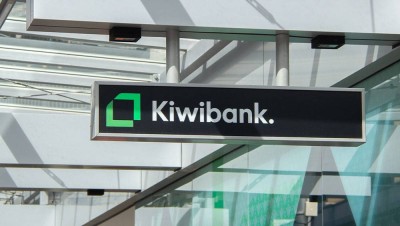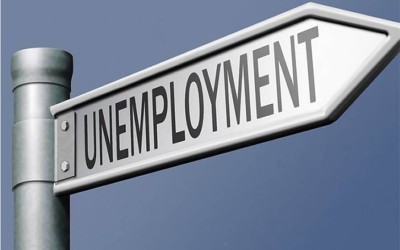President Trump, Kiwibank, unemployment, Treaty principles
ANALYSIS: Peter Dunne says the election of Donald Trump has diminished hopes that America would not become more divided.
WATCH: NBR political editor Brent Edwards speaks with Simon Shepherd.
ANALYSIS: Peter Dunne says the election of Donald Trump has diminished hopes that America would not become more divided.
WATCH: NBR political editor Brent Edwards speaks with Simon Shepherd.
American politics has dominated the headlines this week, as Donald Trump triumphed in the US presidential election.
Trump easily beat his Democratic rival, Vice-President Kamala Harris, confounding polls that had predicted a much closer result.
Now the United States and the world waits for Trump to move back into the White House he vacated four years ago. There is a lot of uncertainty about what his presidency will look like this time round, but many observers say he is angrier than he was in his first term and there is a sense he might be bent on taking revenge on those he sees as his enemies.
He will also have more power, with the Republicans now controlling both the Senate and the House and is likely to surround himself only with Trump loyalists. In his first term as president, he did have people in the administration who tempered his worst excesses and effectively acted as a check on his power. That is unlikely to be the case this time.

President-elect Donald Trump when he was last in the White House.
Former government minister and United Future leader Peter Dunne is not optimistic. In his column this week, Dunne wrote the best that could have been hoped for after the election was that America did not become more divided than it already was.
“Unfortunately, the re-election of President Trump has diminished that hope. His return will likely exacerbate these divisions, especially since he has vowed a programme of revenge on all those whom he considers responsible for costing him the 2020 election and not bending to his will to subvert the electoral process to keep him in power then,” Dunne said.
For New Zealand, the most immediate impact of his election is likely to be trade related. If he proceeds with his plan to impose across-the-board tariffs – up to 20% – exporters will have a tougher job doing business in the US. It is also likely that his proposal for high tariffs, particularly targeting Chinese goods, would provoke a tit-for-tat trade war. As a small open economy, New Zealand would suffer collateral damage in that situation.

Former govt minister Peter Dunne is not optimistic about US politics.
While Foreign Minister Winston Peters has been reported as saying New Zealand was close to starting free trade deal talks with the US when Trump was last president, it would be far-fetched to think the new Trump administration would make doing a deal with New Zealand one of its priorities.
Back home, NBR reported this week on Treasury advice to Finance Minister Nicola Willis about how Kiwibank could raise more capital to help it become a disruptive competitor in the banking sector. In the advice provided in July – and obtained by NBR under the Official Information Act – the Treasury appeared to prefer an initial public offering to raise additional capital. It said an IPO would best meet the goal of retaining Kiwibank’s identity as a New Zealand-owned bank.
But there were a range of other recommendations for the minister to consider as well. Willis said, after the Commerce Commission delivered its market study into banking in August, that she was keen on mum-and-dad investors having a stake in Kiwibank but appeared to suggest that might be through their investments in KiwiSaver accounts.
The Cabinet is due to decide next month what option to adopt to help Kiwibank raise more capital. But, whatever mechanism is used, the Government will retain a controlling share in the bank.

Kiwibank proposed as the disruptive competitor in banking sector.
The latest unemployment figures show the number of people out of work has gone up in the three months to the end of September, hitting a rate of 4.8%. It is not as bad as the 5% figure many had predicted but still gloomy news for those who lost their jobs.
It is also not good news for the Government as the economy continues to struggle. Governments are rarely popular when unemployment is rising. Opposition parties are pointing the finger at the Government’s policies for making the economic downturn worse than it needs to be by cutting public spending and putting public servants out of work. But the coalition will be pinning its hopes on forecasts that, by the time of the election in 2026, unemployment will be trending down and employment growth will be much stronger.
There is also a silver lining in the bad news. The increase in unemployment will surely confirm in the Reserve Bank’s mind it can cut the official cash rate by another 50 basis points at the end of this month, bringing it down to 4.25%. That will ease pressure on mortgage holders and businesses and eventually help lift economic activity, which should then flow on to a growth in employment.

Unemployment continues to go up.
The coalition Government also faces challenges over the Act Party’s contentious Treaty Principles Bill, which was introduced to Parliament this week.
It lists three principles. The first is that the Government has the full power to govern and Parliament the full power to make laws. The second principle recognises the rights that hapū and iwi had when they signed the Treaty and that the Crown will respect and protect those rights. The final principle declares everyone is equal before the law and is entitled to equal protection and benefit of the law without discrimination.
In its commentary on the bill, the Ministry of Justice has raised concerns it might be in breach of NZ’s international obligations set by the International Convention on the Elimination of All Forms of Racial Discrimination and the United Nations Declaration on the Rights of Indigenous People.
The ministry also found that the policy was not consistent with the Treaty, while it noted the Waitangi Tribunal had found the legislation was “unfair, discriminatory, and inconsistent with the principles of the Treaty”.
While the bill has been introduced as part of Act’s coalition agreement with the National Party, Prime Minister Christopher Luxon has repeatedly said National will not support the legislation once it is reported back by the select committee. It will have its first reading next week and is then likely to be considered at select committee for six months before coming back to Parliament when it will presumably be tossed out.
In the meantime, there will be plenty of contentious debate, with a hikoi due to start next week and arrive at Parliament the week after. Thousands, maybe tens of thousands, are expected to protest.
Luxon will not be in Parliament for the first reading of the bill. Instead, he will be in Lima, Peru, for the Asia-Pacific Economic Cooperation Leaders’ meeting late next week. It will be an opportunity for him to canvas fellow leaders on just what the implications of Trump’s presidency will be for the region and the world.
Beehive Banter is hosted by Simon Shepherd, with NBR’s political editor Brent Edwards.